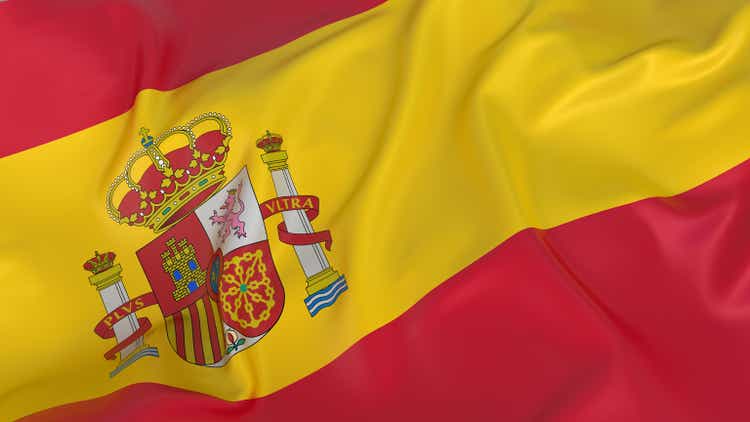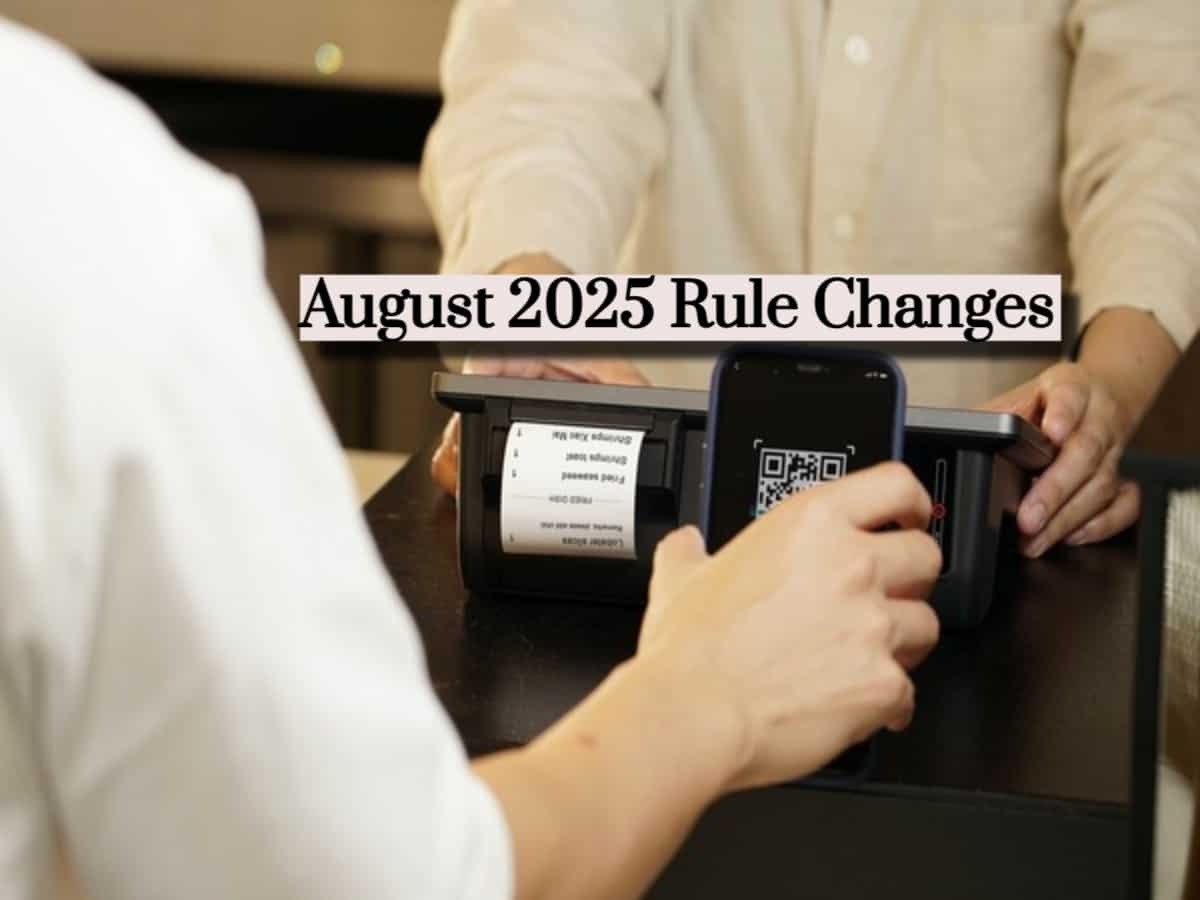UnitedHealth Group, America’s largest healthcare company, shocked investors Tuesday by reporting unexpectedly awful financial performance. It’s the second consecutive quarter the company has committed that sin. As a result, UHG is no longer just a company that missed its numbers. It’s something much more rare: A huge enterprise—No. 3 on the Fortune 500—confessing fundamental, long-standing problems endemic throughout the organization that may take years to remedy.
The crisis first manifested in April. UHG was emerging from the trauma of executive Brian Thompson’s high-profile murder in December when the company released first-quarter profits far below Wall Street’s expectations. The stock plunged, slashing over $100 billion from market value within hours. A month later, CEO Andrew Witty abruptly resigned for unspecified personal reasons, and former CEO Stephen Hemsley returned to the job. The stock plummeted again. The next day, the Wall Street Journal reported that the Department of Justice was investigating UHG for possible criminal Medicare fraud. The company said it hadn’t been notified of any such investigation. The stock nosedived yet again.
In less than a month, this corporate giant had lost more than half its value. “This is a stock that every growth-oriented portfolio manager in the world owned for a decade and made money on it like clockwork,” Whit Mayo, an analyst at the Leerink healthcare investment bank, told Fortune at the time. “It’s stunning. It’s unthinkable.”
On July 24, five days before UHG’s second quarter earnings release, the company acknowledged that the Justice Department was conducting criminal and civil investigations of the company over its Medicare billing practices. You can guess what the stock did.
And then came the report of second quarter earnings.
Now, after months of being pummeled by investors, regulators, and media, Hemsley has admitted that UHG needs an exhaustive, stem-to-stern rehab—an extraordinarily audacious goal for an organization of some 400,000 employees. It’s a stark acknowledgement of deep and wide problems. How deep and wide? Hemsley says UHG will change “leadership, our businesses, our culture, approaches and practices, our board, governance and succession oversight…”
Executives now beseech shareholders for patience—quite a change from four months ago, before $330 billion of market cap evaporated. Dr. Patrick Conway, CEO of Optum, one of UHG’s two main divisions, now tells investors, “We know Optum’s performance has not met expectations.” Tim Noel, CEO of the other division, insurance, says, “We are approaching our business with greater humility.”
Hemsley appears to be setting expectations low. He says he does not see profit increasing at all this year. Next year, he sees “solid but moderate” earnings growth. Not until 2027 does he expect “our earnings growth outlook strengthening quickly.”
Even that schedule may not allow enough time. When Hemsley returned as CEO in June, the board of directors gave him a one-time $60-million award of stock options that would vest after three years. That term seemed lengthy for a 73-year-old whose objective was to right the ship. Now, after the latest quarter and the highly ambitious wide-ranging transformation he’s attempting, investors may wonder if three years will be enough.
This story was originally featured on Fortune.com

 21 hours ago
1
21 hours ago
1











 English (US) ·
English (US) ·